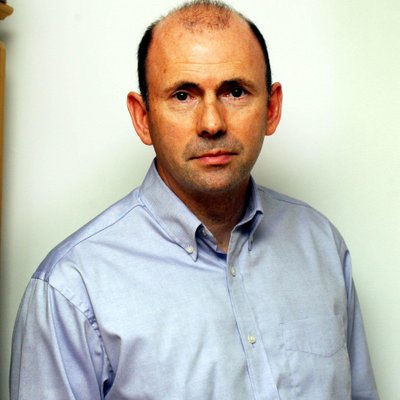With subject-specific CPD ever in demand, Optimus expert Elizabeth Holmes catches up with Steve McCormack, former maths teacher and now communications director for the National Centre for Excellence in the Teaching of Mathematics (NCETM), to find out the key challenges around CPD in maths.
It’s not that I’m so smart. But I stay with the questions much longer. Albert Einstein
 Our overriding observation, when confronted with questions about CPD, is to emphasise the importance of the first of those three letters. The more that teachers and schools can acknowledge, by their actions, that professional learning is a continuing process, the more that teachers will, over time, improve their practice, and thereby help their pupils to learn more, and – a key point in maths – learn more securely.
Our overriding observation, when confronted with questions about CPD, is to emphasise the importance of the first of those three letters. The more that teachers and schools can acknowledge, by their actions, that professional learning is a continuing process, the more that teachers will, over time, improve their practice, and thereby help their pupils to learn more, and – a key point in maths – learn more securely.
The implication is that we see little point in teachers participating in one-stop, one-off, one-day courses or workshops, unless that day is part of a longer process where the teacher has time to reflect, put some of what they've learnt into practice, discuss it with colleagues, refine their thinking further, so that over the course of a term their practice changes for the better. For maths-specific CPD to be really effective, it has to be in some way led by an expert, and by that we mean someone who is both an experienced and expert classroom practitioner, and who is also an expert at leading maths-specific CPD; someone who knows how to guide individuals or groups of teachers on a journey of professional learning.
Over the past few years the NCETM has done a lot of work in developing a cohort of what we call PD Leads; people who specialise in leading the maths-specific professional development of others. These people are sometimes school-based teachers themselves, in head of department or maths coordinator roles, and sometimes they work for independent CPD providers, local authorities or university education departments. In addition, we are encouraging Maths Hubs to steer schools in their areas towards CPD providers who offer just the sort of professional learning experience I’ve described. Many of these hold the NCETM’s CPD Standard – a widely recognised quality mark for maths-specific CPD.
Very varied and impossible to generalise, it does seem that schools are moving towards the realisation that sending teachers on a one-day course a couple of times a year is not going to achieve much. It’s also encouraging to see evidence of teachers spontaneously and voluntarily engaging in activities that are, partially at least, good vehicles for productive professional leaning. Here I’m referring to Twitter, blog-writing and blog-sharing, TeachMeets and weekend conferences.
Clearly, time pressures form the key obstacle for schools and teachers to overcome. When most teachers spend most of their time in classrooms, it is difficult for quality time to be allocated to CPD activities. The trick is to incorporate CPD-related thinking and activity into daily/weekly routine work. But that’s not easy. Another obstacle to subject-specific CPD is represented by all the other non subject-specific demands made on teachers.
Greater recognition that it takes years and years to become an expert teacher. No-one expects a young doctor straight out of medical school to be the finished article. In the same way, teachers should be given the time to grow professionally, with less pressure on new teachers to be brilliant in their first few years. There are no magic bullets here. Anything schools can do to give teachers the space and freedom to concentrate on their own subject-specific professional development will bear fruit in the long term. By Elizabeth Holmes
You will need to log in to access the pieces below but if your school or setting does not have a membership then simply take out a free trial.